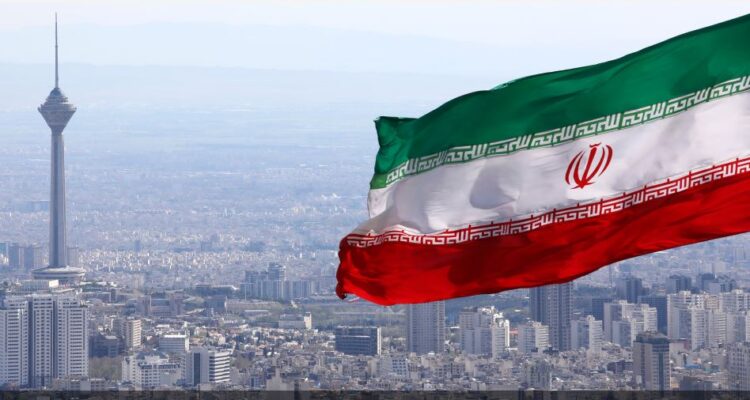It would be hard to overstate the strategic significance of the weekend announcement of a rapprochement between Saudi Arabia and Iran, and the remarkable diplomatic coup the accord represents for China, which brokered the deal. For seven years, the deep-seated hostility between nominally pro-Western Saudi Arabia, the most powerful Sunni state in the Middle East, and terrorist-supporting Iran, the biggest Shiite power, has divided the Islamic world. After four days of negotiations in Beijing last week, however, mainly over their support for rival groups in Yemen’s civil war, they agreed to sink their differences in a move that also confirmed China’s emergence as a key player in Middle East politics.
China’s top politburo member for foreign affairs, Wang Yi, presided over the negotiations. Nowhere in sight, or even on the periphery, was the US, which, with Joe Biden in the White House, appears to be pivoting away from the Middle East. As Michael Stephens of the Royal United Services Institute, the world’s oldest defence and security think tank, noted: “This is a big deal, not because Saudi Arabia and Iran have patched things up, but because the US was nowhere near it. Shifts are happening very, very fast.”
Read the editorial in The Australian.

